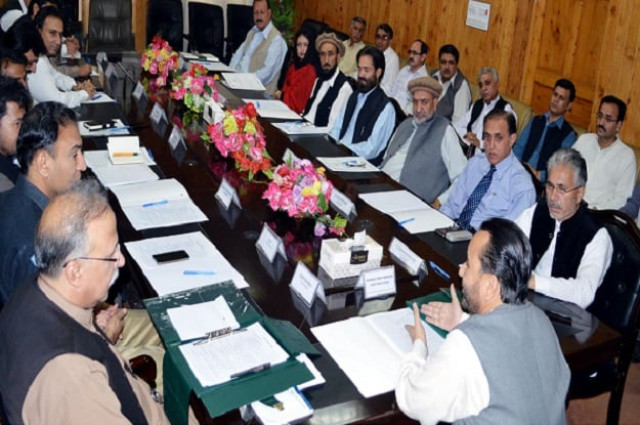
However, Sobia has proven these barriers to be static stereotypes rather than obstacles. Through her fierce determination and commitment, she has managed to become the first female minister from Diamer Valley in the newly elected regional government. As one of the six women in the 33-member legislative assembly, she has also been appointed Minister for Women Development.
Beyond origins
“Diamer Valley is a completely different place from other parts of the region,” she told The Express Tribune.

A tribal system prevails in the valley. In addition, class stratification runs deep. The Shin and Yashkoon tribes have considerable clout as compared to other tribes. There are few facilities for women.
Even though Sobia was born in Jhelum and only moved to Diamer when she got married in 2007, she is acutely aware of the problems faced by women in the region and always wanted to make a difference.
Read: Gilgit-Baltistan cabinet sworn in
Eight years after she was plucked out of her childhood home and moved to Diamer as a bride, the 33-year-old minister is now in a position where she can put things right and is committed to bringing a positive change. “I will focus on education first and then prioritise health,” she says.
A mother’s dream
As a mother of two daughters, Sobia wants to create a bright future for her children who live and believes education is an important ingredient in achieving this goal.
According to a recent report released by Unicef, cultural barriers have negatively impacted girls education in Diamer. As a result, only four girls in Diamer attend middle school out of an estimated population of over 250,000. The issue is particularly acute in Diamer and Skardu and a gender bias has resulted in very few girls attending schools.
“New measures need to be introduced to ease the plight of women,” she says.
Strategy for change
Sobia believes school buildings need to be constructed, more women teachers need to be employed and parents need to be persuaded to send their daughters to school.
“Customs and taboos need to be overcome,” she adds.
Read: Women’s empowerment and literacy: Have we underestimated the Northern areas?
The young minister is not only concerned about the plight of women in her district but is also keen on improving the situation of women across the district.
“During the five years of our tenure, I want to see schools and hospitals for women,” she says. “I will personally reach out to all women in the region and urge them to bring change. By the end of our tenure, I want to see the position of women improve in the region. That’s my dream.”
Published in The Express Tribune, July 13th, 2015.
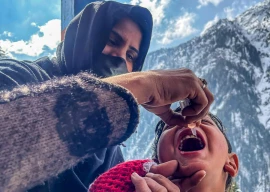
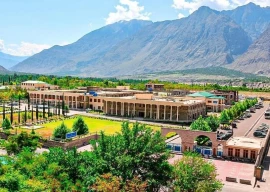
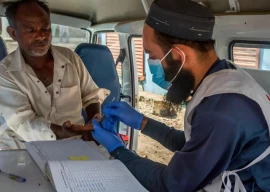
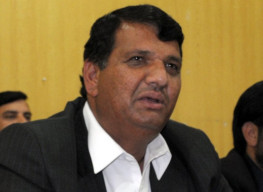
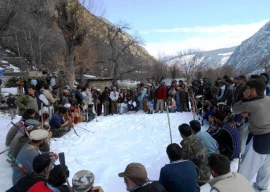
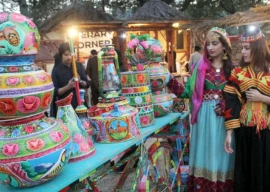












COMMENTS
Comments are moderated and generally will be posted if they are on-topic and not abusive.
For more information, please see our Comments FAQ